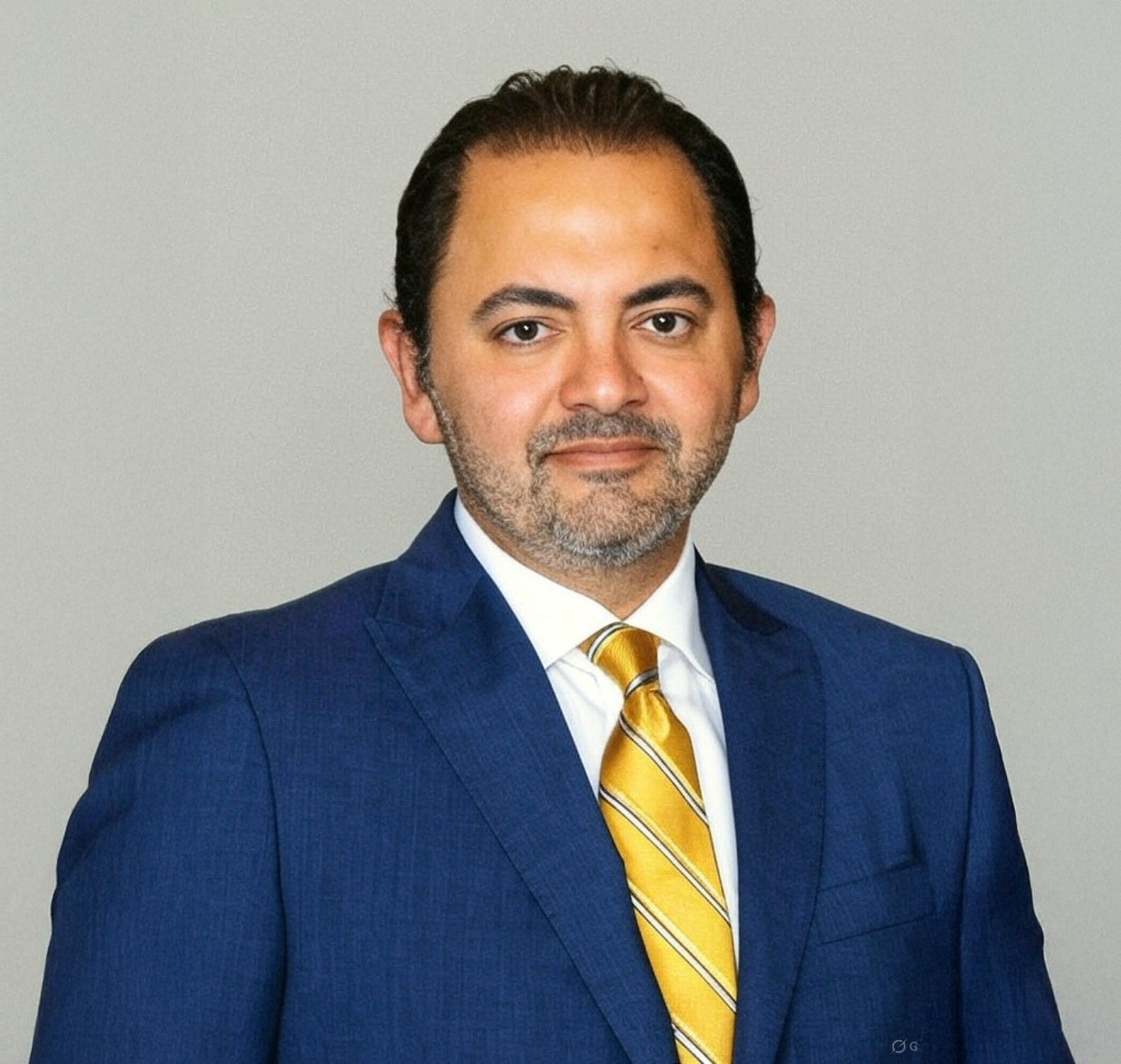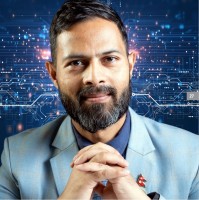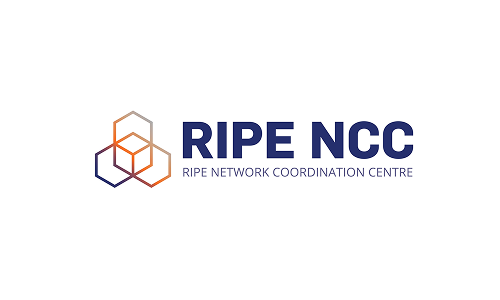Introducing Interconnect World Dubai
Digitalisation continues to transform the city and the region. This is accelerating Dubai's transition into a key hub for those organisations focused on driving technology forward. Digital growth may currently be strong but it will only maintain growth if the connectivity and network infrastructure is in place to support and enable it. How will accelerating growth and extended reach change Dubai's connectivity requirements, the role of its telco and network providers and its enterprise and Government customers? What role will Telco and comms providers play in optimising the Digital Era for Dubai and the wider region?
Interconnect World Dubai 2025 will bring to Dubai the unique focus established by Interconnect World through 2024 across the Asia Pacific. The Forum will focus on future trends and directions as they relate to the key commercial, technological and operational decisions that will shape the future of the telco and network ecosystem across the United Arab Emirates. This exclusive event will bring together the industry's leading telcos, ISPs, IXs, TMT investors, government agencies along with key decision makers from enterprise customers of telco and network services and equipment.
The fast-growing connectivity requirements of consumers, companies and infrastructure means providers face challenging investment, marketing and R&D decisions in order to remain competitive and profitable. The discussion will consider the emerging connctivity requirements of the UAE , the continuing evolution of technologies and protocols and the urgency of delivering competitive and relevant innovation in Telco and connectivity services. Experts will discuss effective and relevant ‘real world’ business, tech and customer strategies for adding value through interconnectivity.
The telecoms industry is now required to understand the business and organisational strategies of their clients rather than simply provide them with telco and related services. How are leaders in the telco industry dealing with this change particularly as AI and digitalisation moves forward? And how can the circle be completed by using knowledge and understanding of customer requirements to shape R&D through technological innovation?

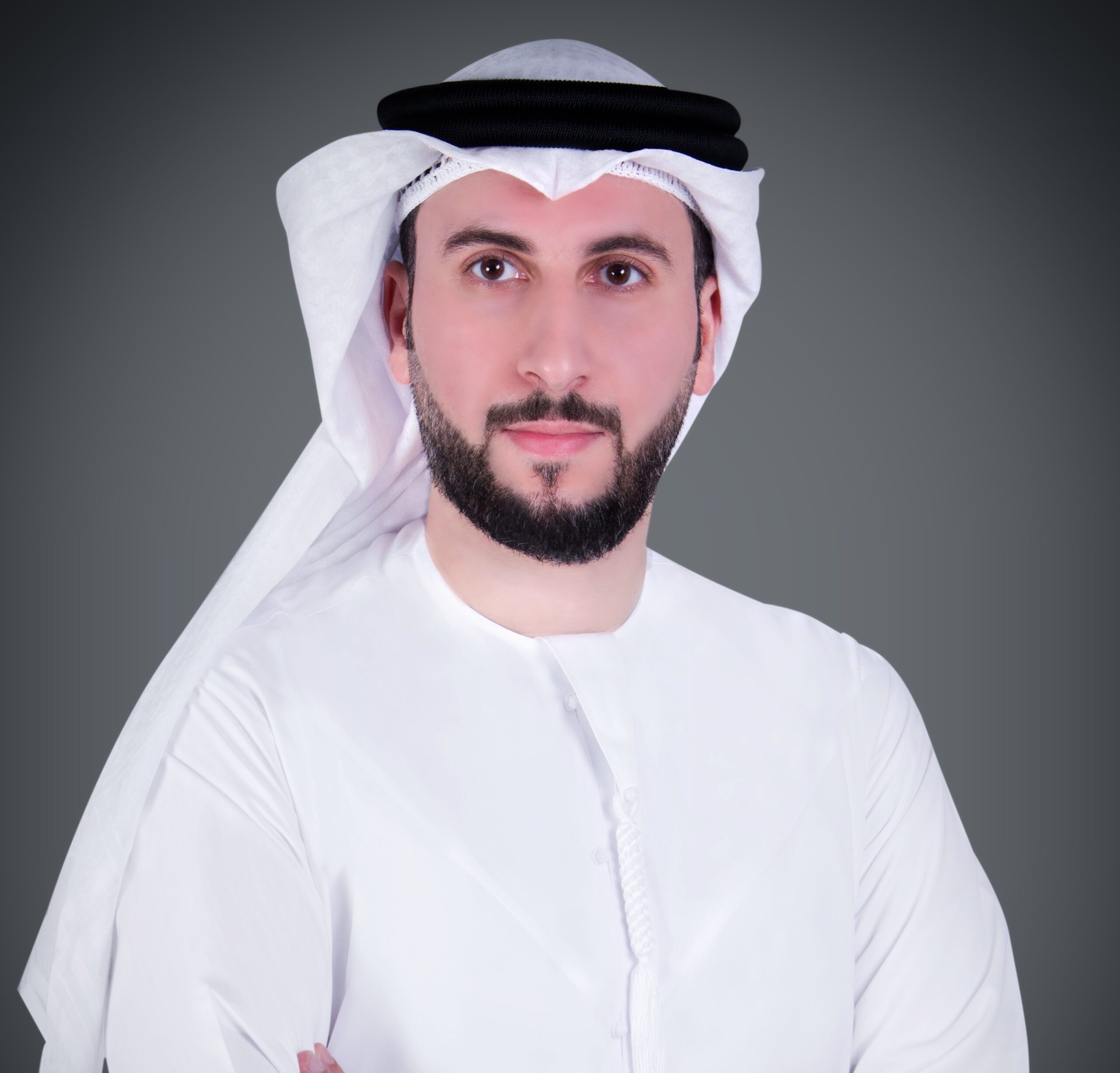
AI and associated digital technologies now command considerable attention in terms of their impact across digital infrastructure, particularly as a source of demand for network and connectivity services. This has led to the evolution of the ‘AI data center’ – how will there be a similar step change for networks and connectivity? Attention will be paid also to the role of AI and other technologies in network management and operation. How will this trend and with what impact on workforce skillset requirements?

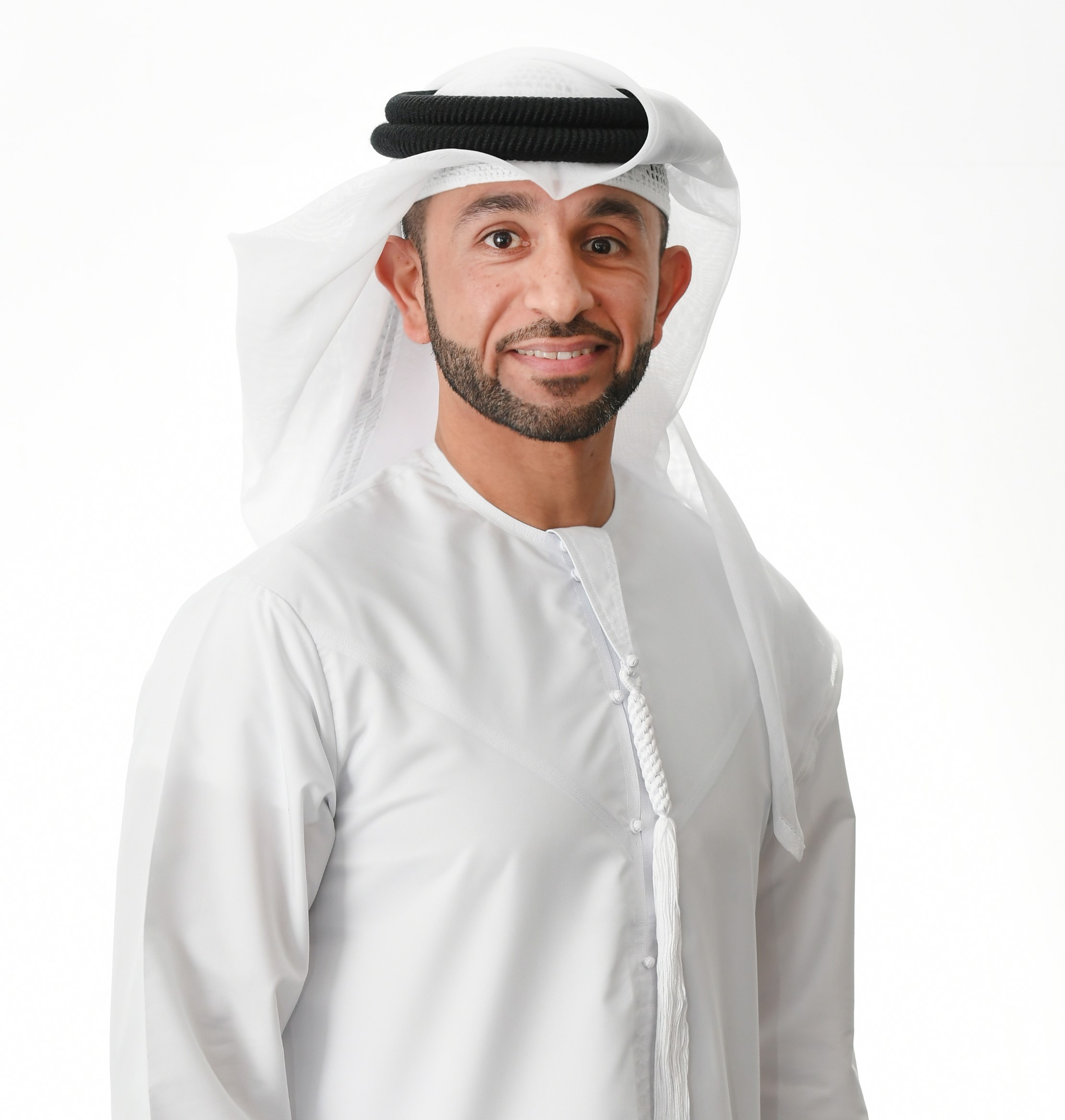

This panel will look first at the legislative situation in the United Arab Emirates and how recent and proposed legislation which deal with telco, consumer protection, critical infrastructure, market competition and standards impact the telecoms industry directly and indirectly. How does the rise of digital technologies – some of which already offer independence in operational decision making – impact the way in which tech legislation is drawn up and applied? Comparison will then be made across the nations of the Middle East in terms of regulation that appears to best balance the interests of all stakeholders in the telecommunications ecosystem.

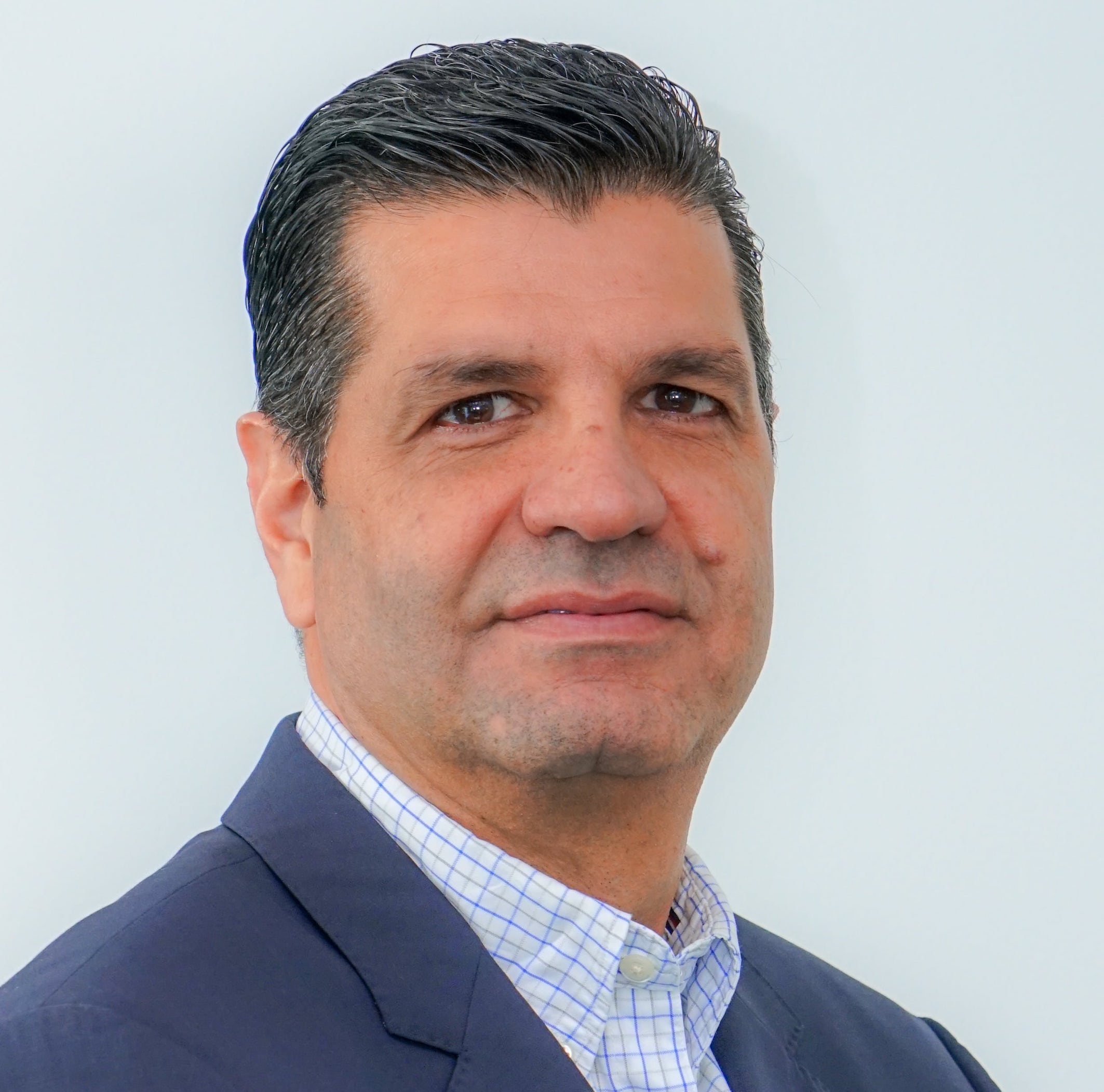
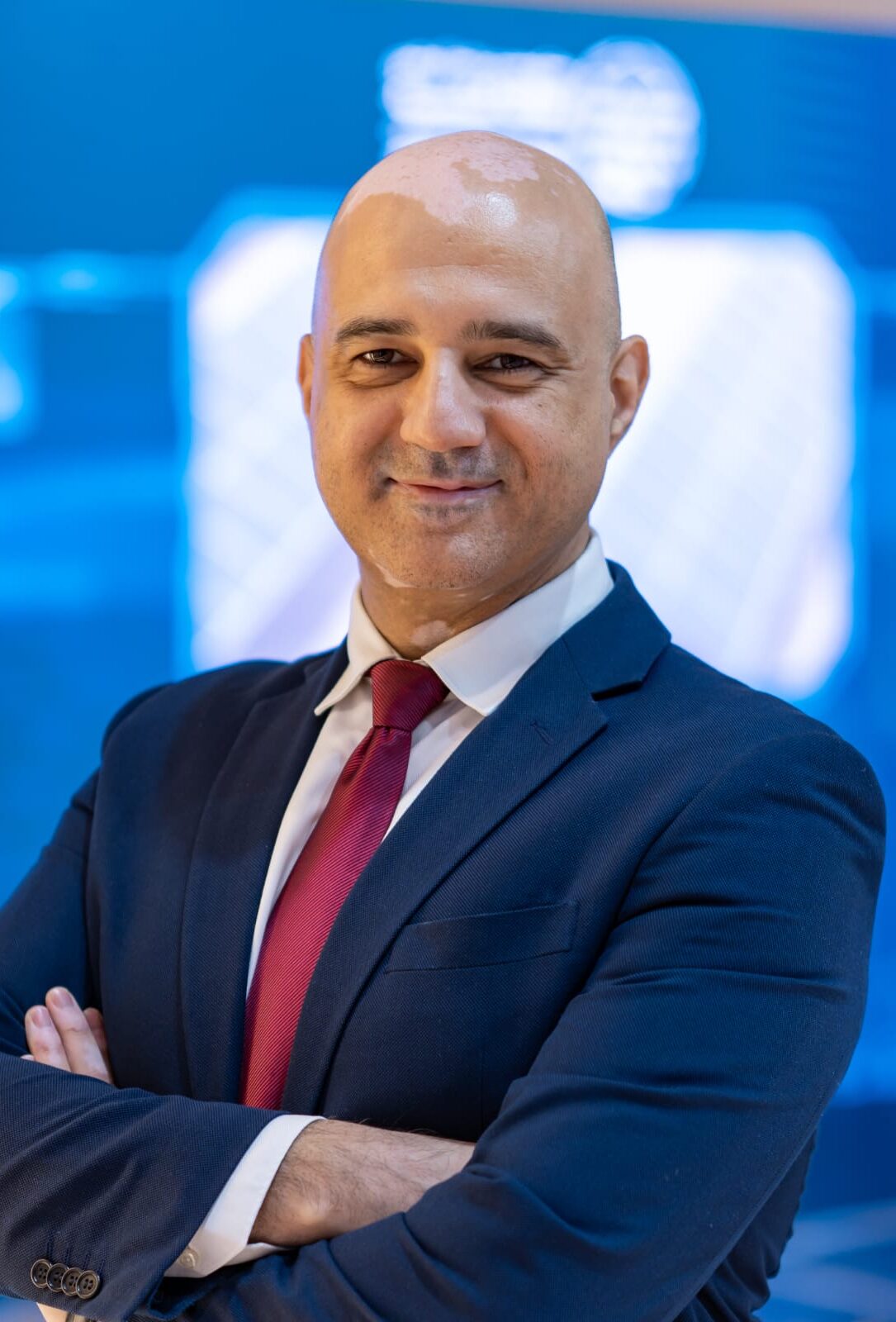
Digitalisation is ushering in a new era across many forms of technology and infrastructure. How are the technologies core to digitalisation – AI, blockchain, cloud, IoT, augmented reality, robotics and others – impacting connectivity, telco and comms services and networks in terms of planning, design, research & development, network roll-out, operation? Which are the key technologies that will take connectivity forward and which are the key areas and issues left for future innovation?
